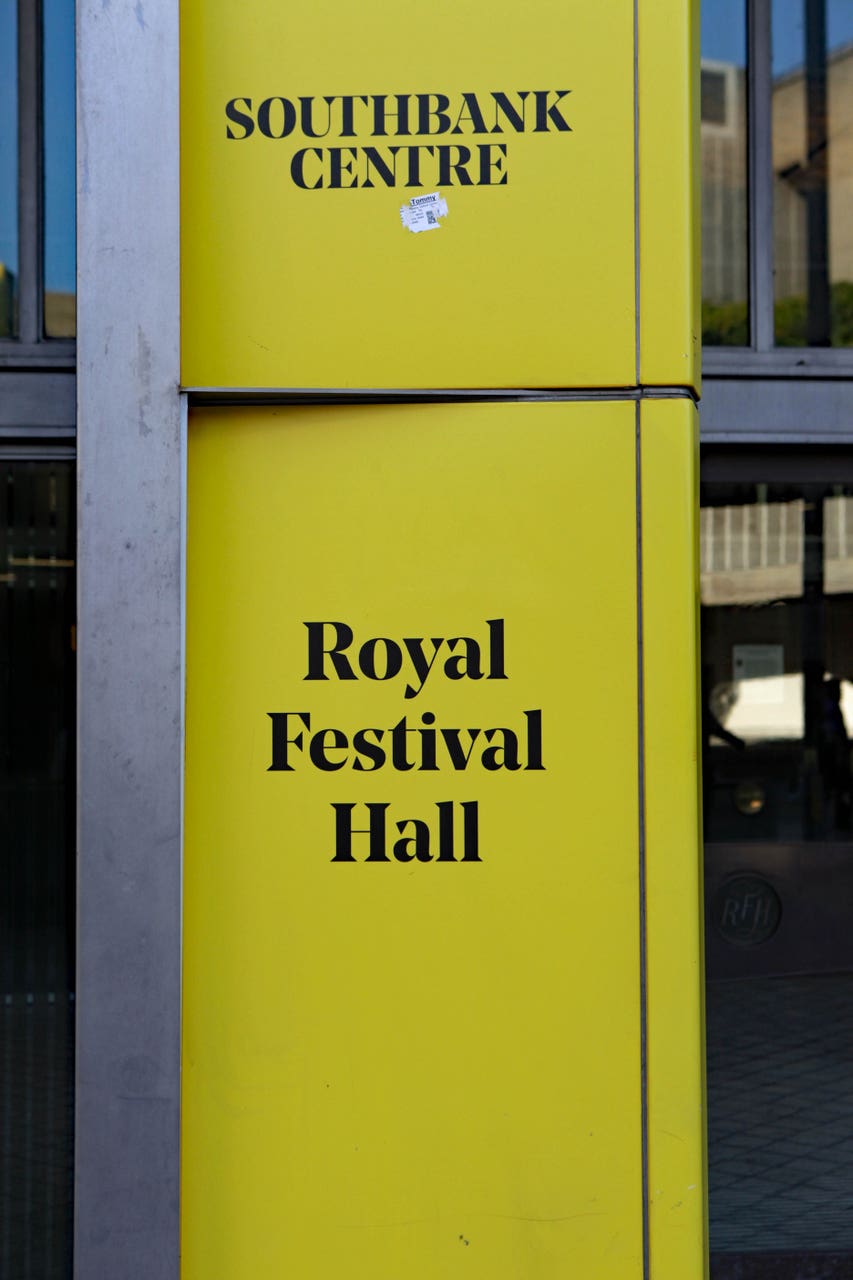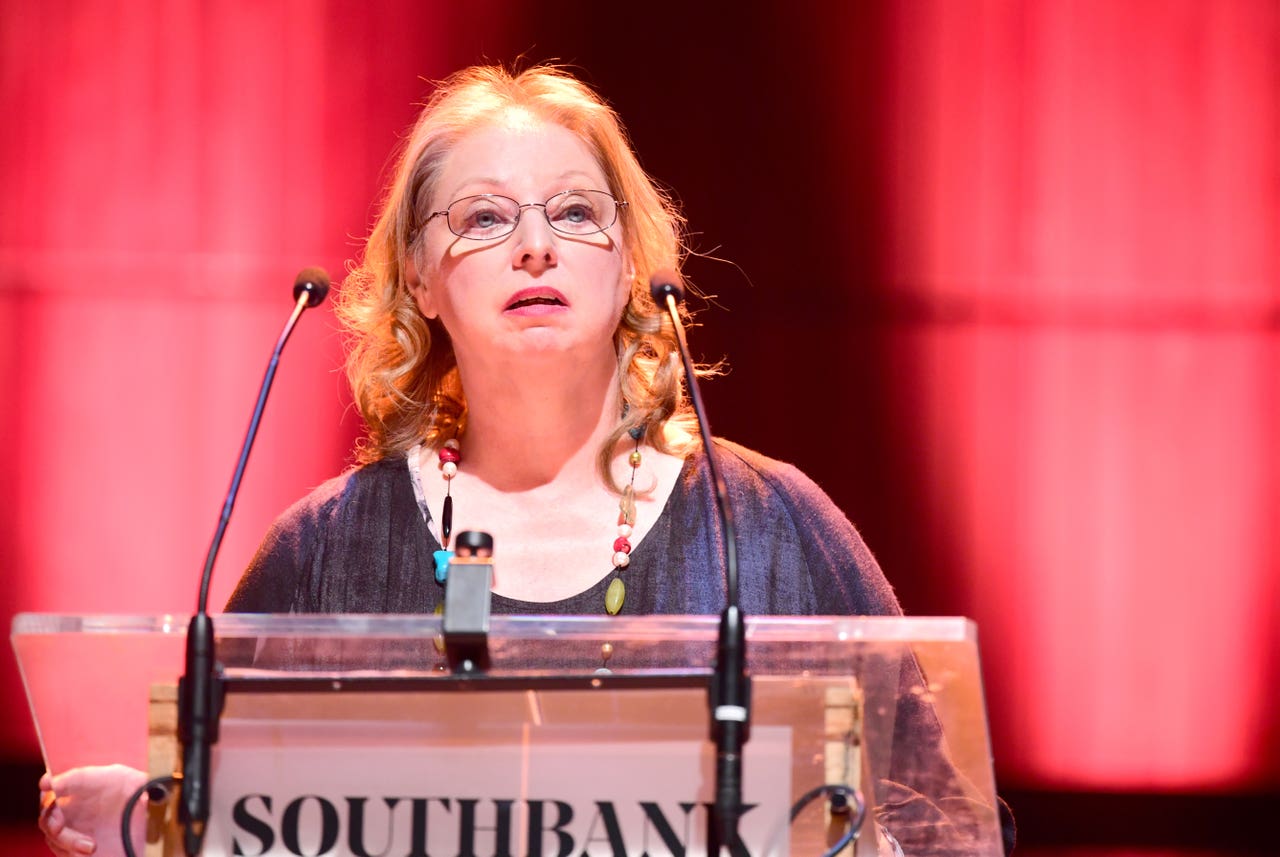Southbank Centre at risk of closure until April 2021 due to financial pressure
The arts organisation has called for further Government support.
/cloudfront-us-east-1.images.arcpublishing.com/shropshirestar.mna/MGOJOLASYRHCLD5P2DXAAGE7R4.jpg)
London’s Southbank Centre is at risk of closing until at least April 2021 because of the financial pressure it faces as a result of the coronavirus crisis.
The UK’s largest arts and culture organisation has said it is facing a best-case scenario of a £5.1 million deficit for the 2020/21 financial year, despite furloughing the majority of its staff, and will need to make some employees redundant.
The centre called for further Government support, saying the forecast includes using up all its reserves, taking £4 million from the Government’s furlough scheme, and spending its £19.2 million annual grant from Arts Council England (ACE) “to effectively mothball the buildings”.
The centre said there will be hardly any artistic activity throughout 2020/21 as to present anything like a normal range of events and social distancing measurements would limit ticket venue.

The Southbank Centre is made up of the Royal Festival Hall, the Queen Elizabeth Hall, the Purcell Room and the Hayward Gallery and offers more than 3,500 events a year.
It is also home to the National Poetry Library, the Arts Council Collection and eight orchestras including the London Philharmonic and the BBC Concert Orchestra.
Its annual ACE grant represents just 37% of its income and it has replaced declining public funding with earned income from ticket sales, bars, restaurants and other commercial activity, but the mandatory closure of the venues, bars and restaurants has led to the immediate loss of 60% of its income.
It is calling on the Government to extend the furlough scheme beyond October for the cultural sector, develop a “large-scale intervention” to support the arts sector as it navigates the crisis, and support self-employed artists and musicians who do not qualify for current financial support schemes.
The venue is already planning to cancel events from September to November and considering the option of broadcasting concerts from behind closed doors through autumn and next spring.

Elaine Bedell, chief executive of the Southbank Centre, said: “It is with an incredibly heavy heart that we today share further details about the future of the Southbank Centre.
“We know we are not alone in this and stand with our friends, partners and colleagues – both here in the UK and abroad – during this time of unprecedented challenge.
“With eight orchestras, the National Poetry Library, and Arts Council Collection all calling us home, and playing host to over 4.45 million visitors each year, we’re doing all we can to safeguard the Southbank Centre we currently know and love for the years ahead.
“However, this crisis has hit hard, and we join a number of other organisations and venues in sounding the alarm about the long-term health of UK arts and culture.
“The Southbank Centre’s own history is traced directly to the 1951 Festival of Britain. Here, the post-war government recognised how vital arts and culture were to the health and well-being of a traumatised nation.
“Just as the South Bank was a focal point of social and economic recovery then, we hope that we’ll emerge from this crisis to an even brighter future, throwing our doors wide open once more.”